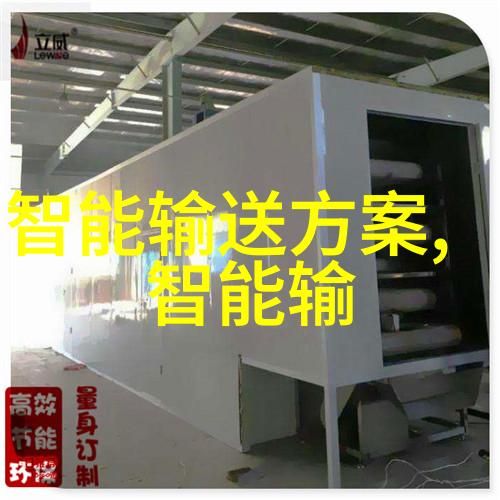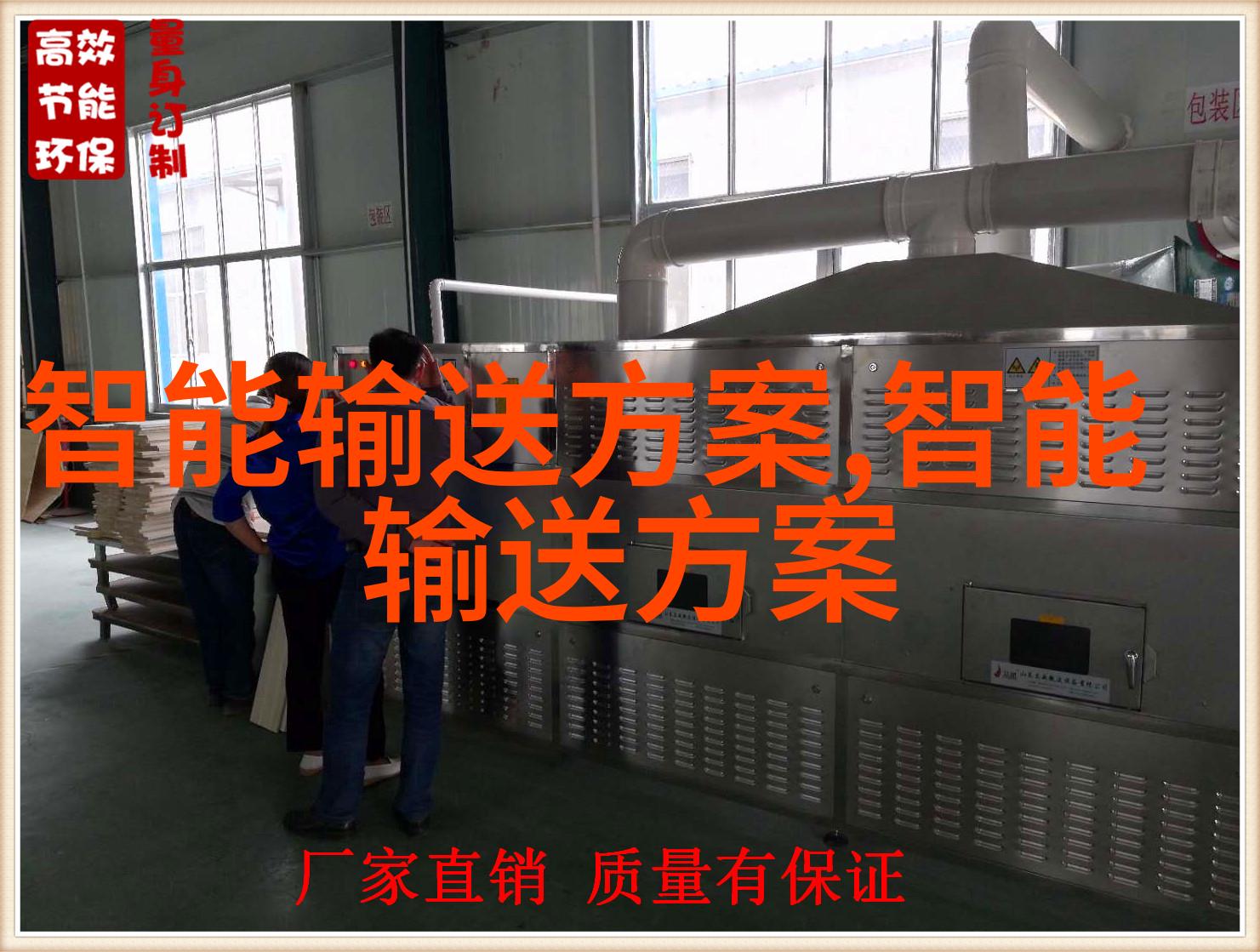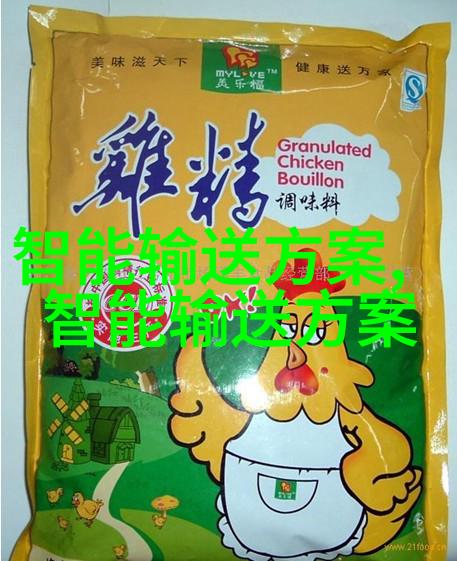一、塑料管:流动的记忆

在这个世界上,塑料管无处不在,它们是现代生活的一部分,无论是在家庭里,还是在公共场所。它们似乎是那么的普通,但它们背后却有着复杂而又深刻的故事。
二、塑料管:环境中的敌人

当我们看到垃圾堆中满是断裂和扭曲的塑料管时,我们不禁会感到一丝愤怒和沮丧。这些看似无害的小物件,却给我们的地球带来了巨大的伤害。他们被遗弃,不仅占用了宝贵的地球资源,还污染了我们的水源和空气。
三、塑料管:创新的途径

但同时,这些小小的塑料管也成为了创新之母。在科技进步下,人们开始寻找替代品,比如生物降解材料或可回收设计。这是一个改变世界的大趋势,也是一个对未来充满希望的过程。
四、塑料管:教育与意识提升

面对这场危机,我们需要从自身做起,从家到学校,从社区到国家,每个人都应该参与进来。一种方式就是通过教育,让孩子们了解环境保护的重要性,以及如何减少使用非生态友好的产品,如过度使用一次性杯子和餐具,这些都是造成污染的一个重要原因。
五、塑料管:社会责任与行动力

作为社会成员,我们必须承担起自己的责任。不再购买那些没有环保标志的小商品;选择那些环保认证的小袋子或者容器;并且积极参与社区里的清洁活动,用实际行动去减轻我们对地球母亲身上的重负。
六、塑料管:技术革新与可持续发展
随着科学技术不断进步,对于如何处理废旧材料也有了更为高效的手段,比如热压制模变形法,可以将废旧金属和玻璃等混合熔化,然后冷却形成各种规格大小不同的固体块,而这些块可以用于建筑工程中,即使不能完全消除问题,但至少能大幅度减少问题规模,为实现可持续发展提供了一定的可能。
七、塑料管:文化传承与未来展望
正如同古老民族留下的陶瓷一样,每个时代都有它独特的声音,而现在则是让我们思考未来的声音。每一个小小的事物,都蕴含着一个时代的情感。而对于这些“流动”的记忆,有一种说法叫做“历史”,即便是一根破碎得只剩下几厘米长短的人造树脂表皮,也能触发我们的思维,让我们想象出那曾经活跃于世间的一切美好事物,那是一种怎样的情怀呢?
八、塑料管:改变现状需共存智慧
虽然解决这一问题需要时间,但并不意味着我们要等待别人的改变,只要每个人都愿意为此贡献自己的一份力量,就能够逐渐推动整个社会向更加绿色环保方向转变。这不仅仅是一次简单的心灵洗礼,更是一次深层次价值观念转变,是一次从自我关注走向全人类共同关心的问题思考过程。此外,在改善当前状况方面,公众应该理解政府政策,并积极支持企业开发新的生产方法,以确保产品既符合市场需求,又能降低对自然环境的影响,同时还应鼓励消费者选择那些已经采取措施以减少其影响制造商提供出的产品。此举将帮助加速行业整体向更加可持续性的转型,使得所有相关方都能够受益匪浅,从而真正实践“共存智慧”。
九、 plastics pipe: The Future of Sustainable Development
As the world continues to grapple with the challenges posed by plastic waste, it is essential that we look towards a future where sustainability and innovation go hand in hand. This means not only reducing our reliance on single-use plastics, but also exploring new technologies and materials that can help us live more sustainably.
For instance, advances in biotechnology have led to the development of biodegradable plastics that can break down naturally in the environment. These materials are made from renewable resources such as corn starch or sugarcane, and they have a lower carbon footprint than traditional plastics.
Another area of focus is recycling. While recycling rates for plastic pipes are currently low, there is potential for improvement. By investing in advanced recycling technologies and infrastructure, we can increase the amount of plastic waste that is recycled rather than sent to landfills or incinerated.
Finally, education plays a critical role in promoting sustainable practices. By teaching children about the impact of their choices on the environment, we can empower them to make informed decisions about their consumption habits and encourage them to adopt sustainable lifestyles.
In conclusion, while plastic pipes may seem like an insignificant part of our daily lives, they represent a larger issue that requires collective action and innovative thinking. By working together towards a more sustainable future, we can reduce our environmental footprint and create a better world for generations to come.